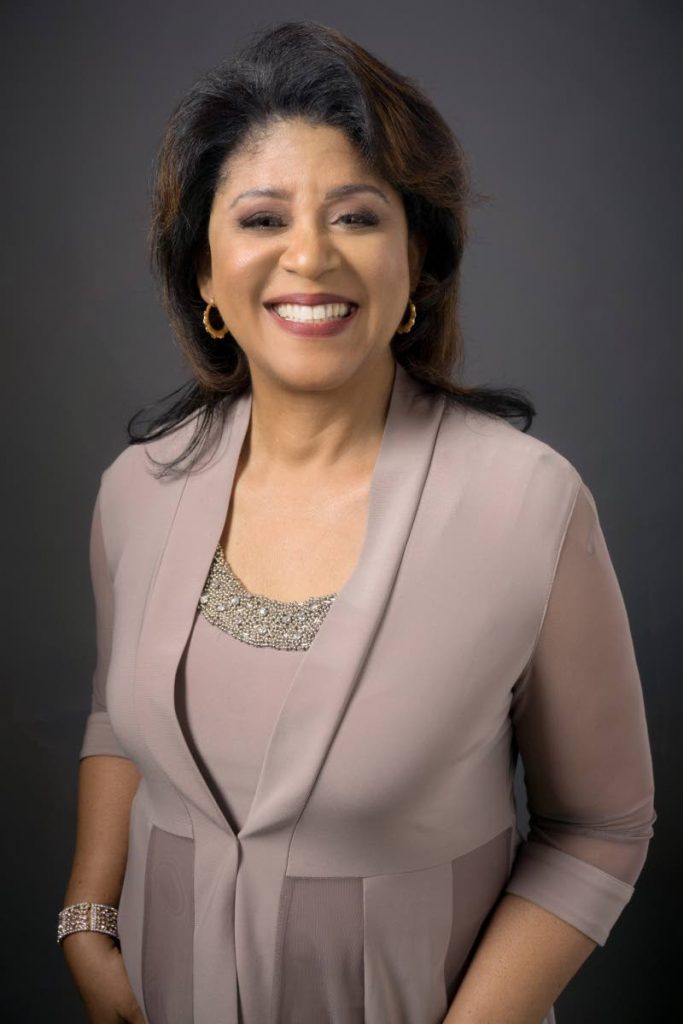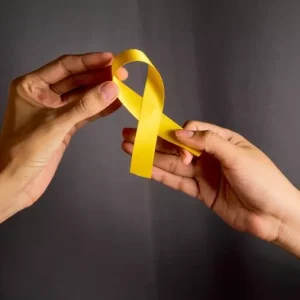EVEN THOUGH the issue of domestic violence has taken centre stage over the last few months with an increase in statistics during the pandemic, there seems to be hesitancy and perhaps unwillingness on the part of policymakers and stakeholders to address the sociocultural triggers that are at the root causes of violence against women.
One dominant factor, amongst many other variables, is a topic that people prefer to ignore – the fact that many perpetrators of violence against women truly hate women – including their mothers and sisters – and there will be no proper redress to this issue unless domestic violence as a hate crime, which is often spurred on by misogynistic contempt for women, is discussed as part of a national conversation.
Hate crimes are usually categorised as “crimes aggravated by the offender’s hostility towards the victim’s actual or perceived race, religion, sexual orientation, or disability. Gender is a notable omission from this list” (Gill, 2013). Misogyny involves showing dislike, contempt, or ingrained prejudice against women. To a significant extent, acts of misogyny are ignored or go unnoticed by employers in the workplace and by family members who are witness to these attempts at belittlement.
In this society, the repercussions of misogynistic abuse are not taken seriously as there are no visible, physical bruises despite increasing efforts by organisations such as TTAP (TT Association of Psychologists) to draw attention to the attendant psychological symptoms that are a result, such as depression, anxiety-related disorders, hypertension, stress and complicated grief.
As seen in the vigils and marches held around the island, criminal acts of violence against women impact individuals and their families, as well as communities. Many questions go unanswered: Are we doing enough to protect vulnerable members of society? Is pepper spray going to decrease the numbers of women that are abused? What has been done to address the offending behaviours of perpetrators? And more importantly, why do men and boys hate women and girls so that they resort to barbaric, ritualistic, learned behaviours?
Some men hate women. This is a given, whether you would like to admit this or not. What have men seen as boys in their family of origin that continues into adulthood and is displayed in their violent ways and/or passive-aggressive behaviours, especially towards the wives, girlfriends, and mothers who have entrusted their lives and their dreams to them? Were these men the victims of a mother’s rage as she physically and verbally abused them in reaction to the absence of a spouse or partner? Were they also abused by women when they were young? Why the need to dominate and the adrenalin-rush to possess, humiliate and coerce those who are less powerful?

The narrative has always been to look the other way and not to examine also the dysfunctional gendered relationships which have resulted in the actions and behaviours of sons and brothers who commit these atrocious acts of violence against women, their behaviours based on earlier shame and fear of abandonment. In therapy sessions, some men have described their mothers as “weak and ineffective” for having tolerated abuse and adultery by their husbands to which they were witness as boys. Others have described the sexual assaults done to them by aunties and older female cousins and sisters, harbouring resentments that run deep.
Opening the can of worms and shattering the culture of silence
You can continue to be the naysayers that many of you are, whether politician or priest or pundit. Violence against women is a learned sociocultural behaviour, to a large extent imitated and modelled by males across all socio-economic groups. In general, men remain the overwhelming majority of perpetrators, and women the majority of victims, as many as five to eight times overall.
Women may disassociate from family and friends in order to keep the peace in their homes as she is blamed, insulted, objects thrown at her, or physically abused when he is displeased. Often blind to their own faults, these men do not take responsibility for their actions but play the blame game, jealous also of the time she spends with his own children or restricting her activities outside the home.
Domestic violence and violence against women are hate crimes that impact all of us and the culture of silence around this topic must be penetrated in a more significant and purposeful way and meaningful discussions make their way into homes, schools and places of worship. The political will is glaringly absent in this equation, especially from women who may be part of the judicial process and who can make a difference in advocating for policies if they so choose to do.
More efforts have to be made to fully understand and manage the underlying causes and effects of violence against women, triggered often by misogynistic rage and contempt. These hate crimes must be treated as such – not with a slap on the wrist as in some cases where the perpetrator is well known and “gets away with the abuse” even after reports are made to the police.
Enough is enough. Violence against women affects nearly every aspect of life and the country’s collective failure to treat it as a public health issue and as a hate crime demonstrates a lack of understanding about its very pervasiveness in our midst.
Dr Margaret Nakhid-Chatoor
Psychologist and educator
Credit – Newsday Newspaper, (newsday.co.tt)
See the original article here.





